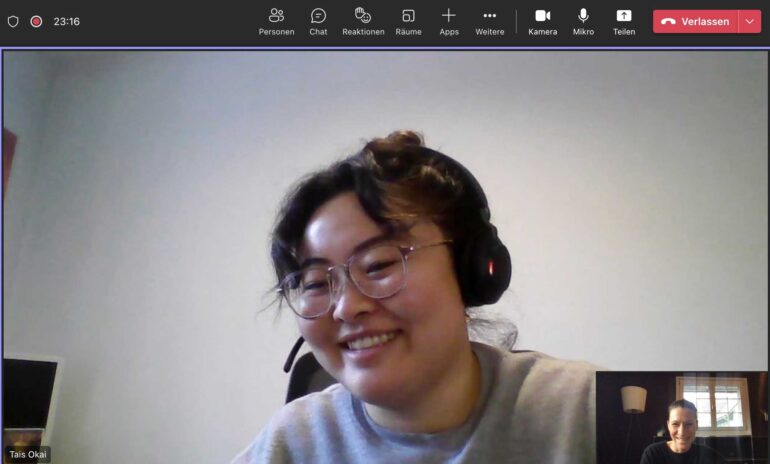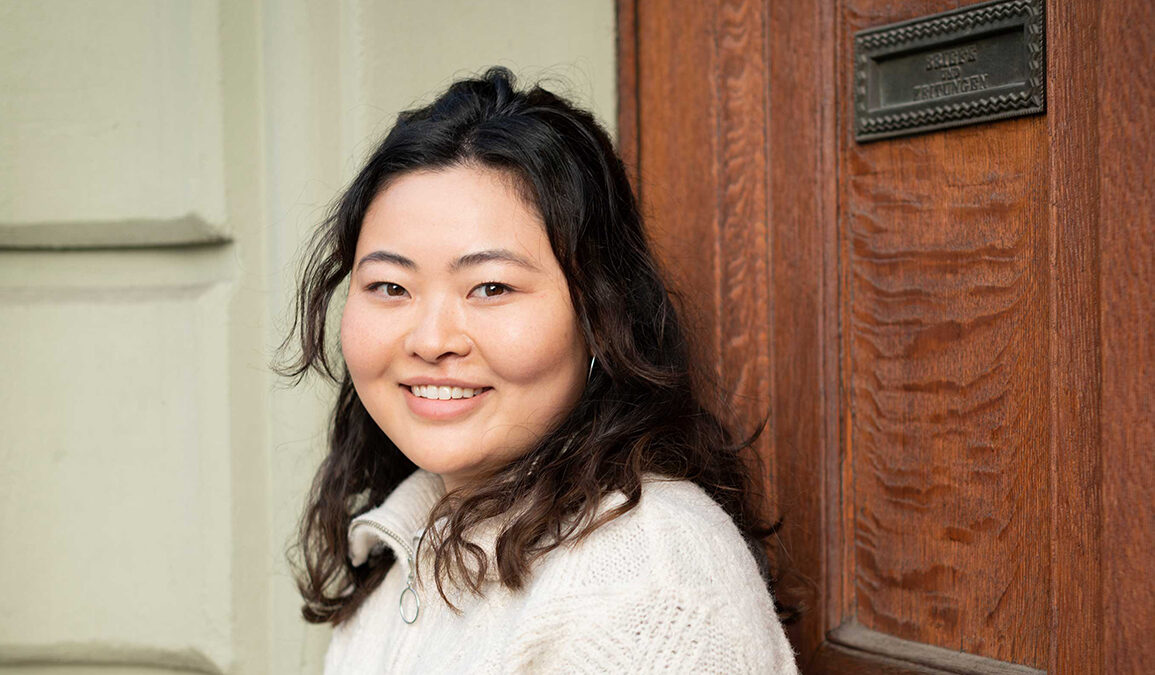Implementing the plan requires not only the appropriate mindset and a well-coordinated team, but also the right tools: for example, the ‘kill your darling’ process. The external coach supports the further development of the platform to build it on a solid foundation in a customer-centric way.
Launched in 2014, StiftungSchweiz initiated a transformation process at the end of 2022. How strong is your appetite for change?
Change is a central part of my social media activity. I feel very comfortable in a changing environment, I like to try out new things and test what works, and how. It takes courage to admit that mistakes can happen, or accept when the desired effect fails to materialise, but this immediate feedback – which is not always positive – is valuable.
The first step is to focus on the catalogue of services for funding foundations. What expectations or hopes do you have in this regard?
I am excited about the target group of funding foundations, which we are currently actively addressing. I hope that they are motivated – just as we are – to intensively pursue the digitalisation of the sector. My experience from a previous job in an NPO has shown me that this is not always easy. Entrenched structures often slow down the work, because cooperation also needs to be learned, and this absorbs a lot of time that is lacking elsewhere. It definitely needs a drive for change: the openness is there, but tackling change also means work. In my opinion, other sectors are already slightly further ahead.
How are you experiencing the way in which StiftungSchweiz is currently transforming itself?
Working in a start-up is very lively. In a small structure, you can move a lot in a short time. That’s why I think it’s great that we can try out many things again at this stage and get the best out of existing resources.
Do you need external professional support for this?
I think that’s very helpful. A well-rehearsed team often can’t see the forest for the trees. We become blind to our own mistakes and often rely on our own assumptions, for example regarding the customer’s perspective. We have probably validated these too little so far. In other words: we’ve made assumptions about our target group and their wishes and have not asked enough whether these are true. Maybe we were a little afraid of hearing the opinions and critiques! It takes time to develop and test a good product. The timing is certainly sensible and effective to shed light on the processes and methods under the guidance of external experts and improve them. Going through this process as a whole team is a very bonding experience.
The kick-off was the workshop on ‘customer centricity’ on 1 December 2022. What did you take away from this day for your work?
I find the approach of not seeing the process in a linear way to be exciting and courageous, but rather that you move forward in small steps and always loop back when you notice that the calculation does not yet add up. This helps to recognise early on that certain products are simply not desired or still need to be honed. I find this way of thinking to be convincing.
This is known as ‘kill your darling’, namely being able to let go and start again. Is it often easier said than done?
Yes, you have to be able to do that. It makes sense to regularly question your own processes and products, as well as not being afraid of regressing. Especially in a start-up, you have the feeling that you always must produce and bring out something new. I therefore find the reference to ‘looking back’ very helpful.

What does this mean for StiftungSchweiz in concrete terms? Going back to square one?
Fortunately not! Because the idea of our founder Peter Buss is still visionary and our platform is successful on the market. However, we have not yet managed to really involve all participants in the sector. To achieve this, we must approach them, let them speak, listen and try to respond to their needs. We have to identify the concrete ideas that work step by step. In the workshop, we grouped them into clusters, which makes it clear which needs occur more frequently and how these can be incorporated into the further development of the platform.


